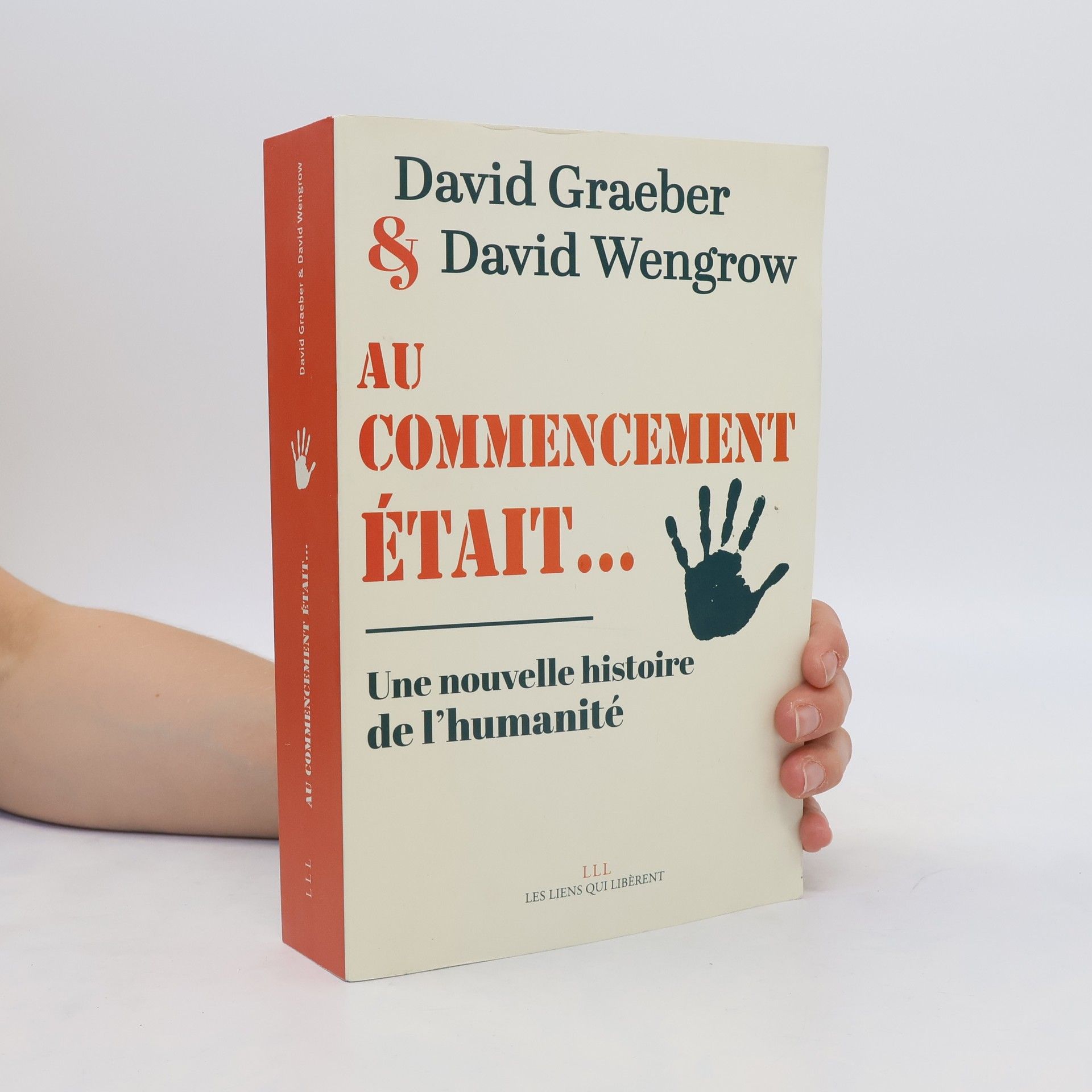Počiatok Všetkého
- 672 stránok
- 24 hodin čítania
Na základe najnovších výskumov antropológ David Graeber a archeológ David Wengrow radikálne prehodnotili dejiny človeka od samých počiatkov po rozvoj poľnohospodárstva, vznik miest, štátov a demokracie. Ukazujú, že dávni lovci a zberači, prapôvodné obyvateľstvo, boli tvoriví a inteligentní jednotlivci s veľkým vplyvom na európske myslenie. Doterajšie predstavy o našich predkoch ako primitívnych a detinských sú prekonané; buď boli vnímaní ako slobodní a nevinní, alebo násilní a bojovní. Autori tvrdia, že teórie o nevyhnutnosti obetovania slobôd pre vznik civilizácie sú historicky podmienené a vznikli ako reakcia na kritiku európskej spoločnosti. Opätovné preskúmanie tejto dialektiky má prekvapujúce dôsledky na naše chápanie dejín. Nové archeologické a antropologické výskumy ukazujú, že ak sa zbavíme zaužívaných predstáv, naša história nadobúda nový rozmer. Ako naši predkovia trávili čas, ak 95 percent dňa nevenovali zháňaniu potravy? Ak nástup poľnohospodárstva neznamenal okamžitý nástup hierarchie, čo potom priniesol? Odpovede sú často neočakávané a naznačujú, že smerovanie ľudskej histórie je plné hravých odbočiek. Kniha novátorsky pristupuje k chápaniu minulosti a ukazuje nové formy slobody a organizácie spoločnosti.




